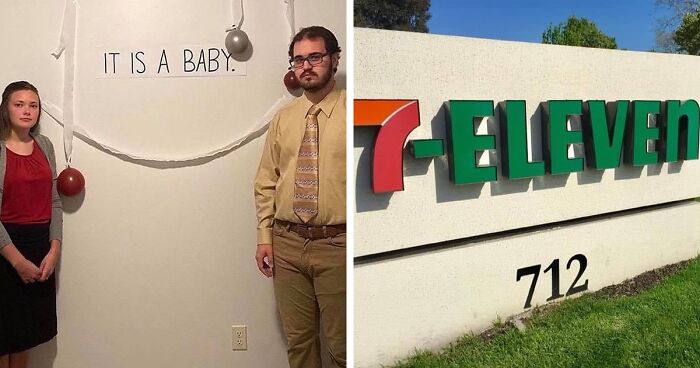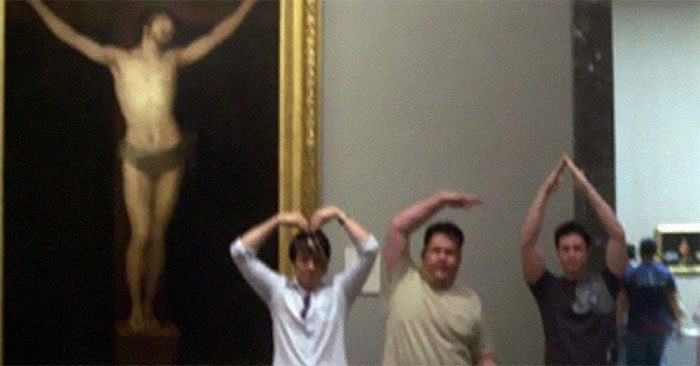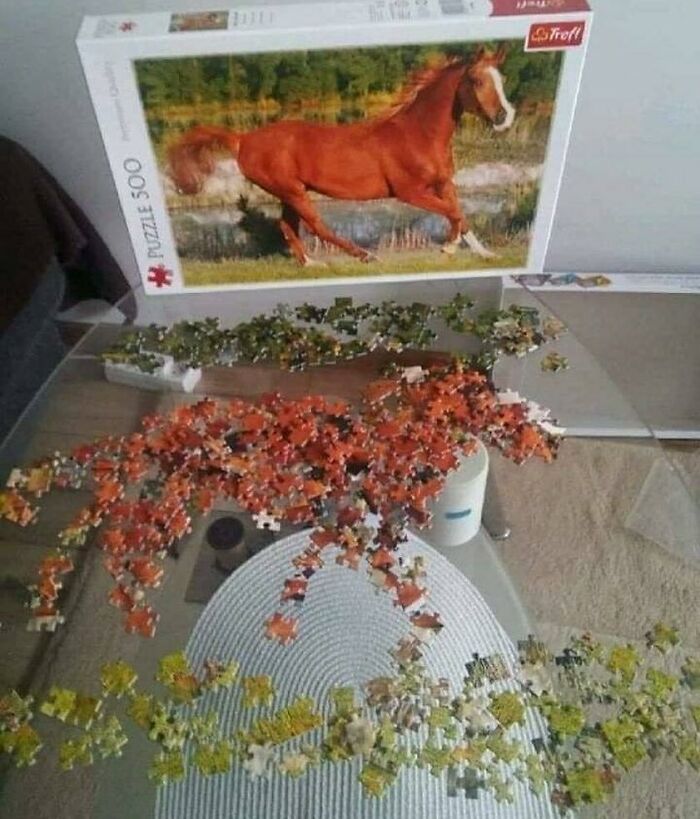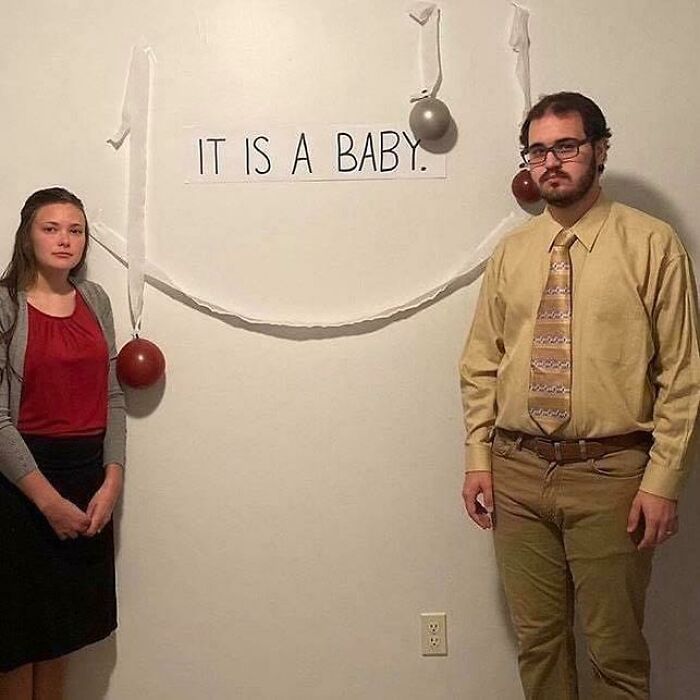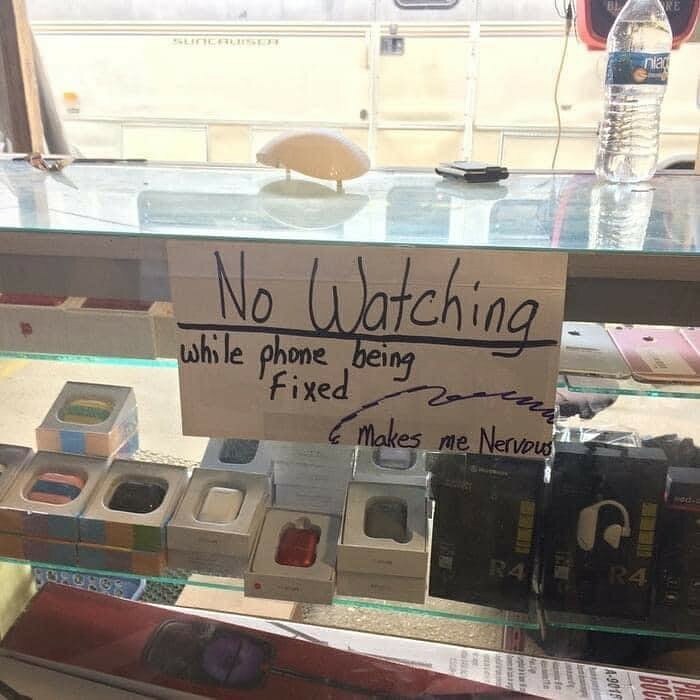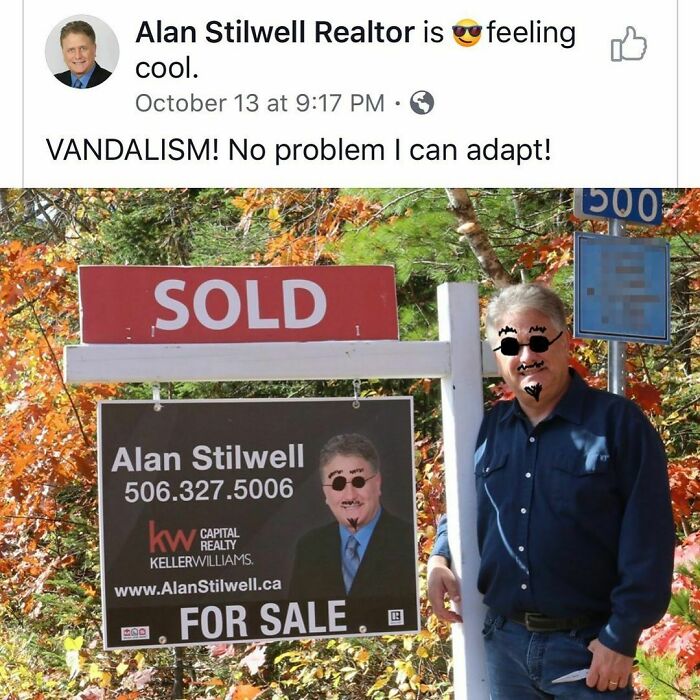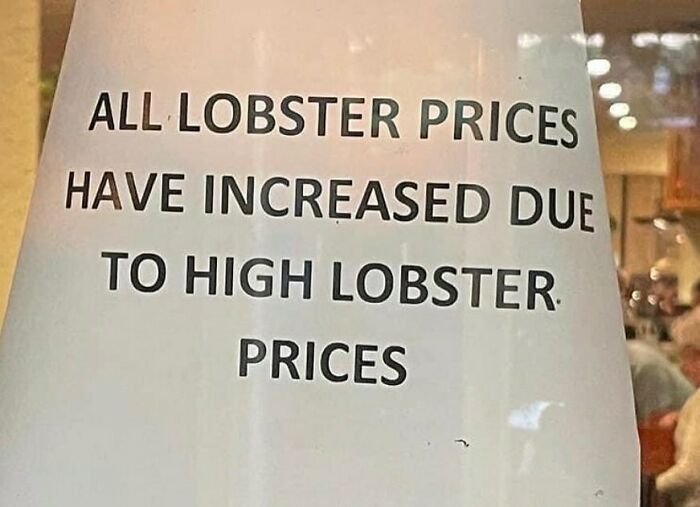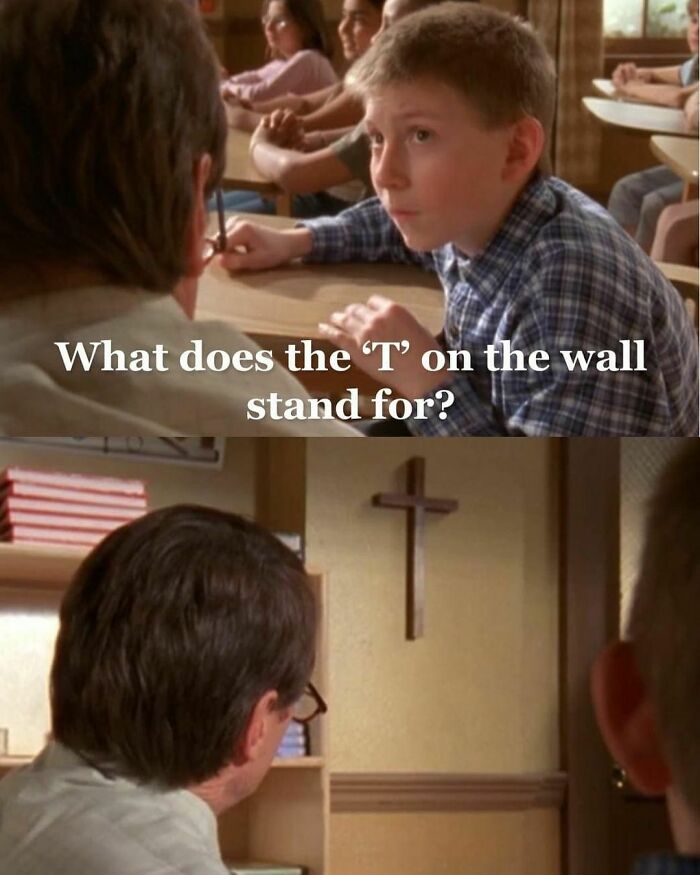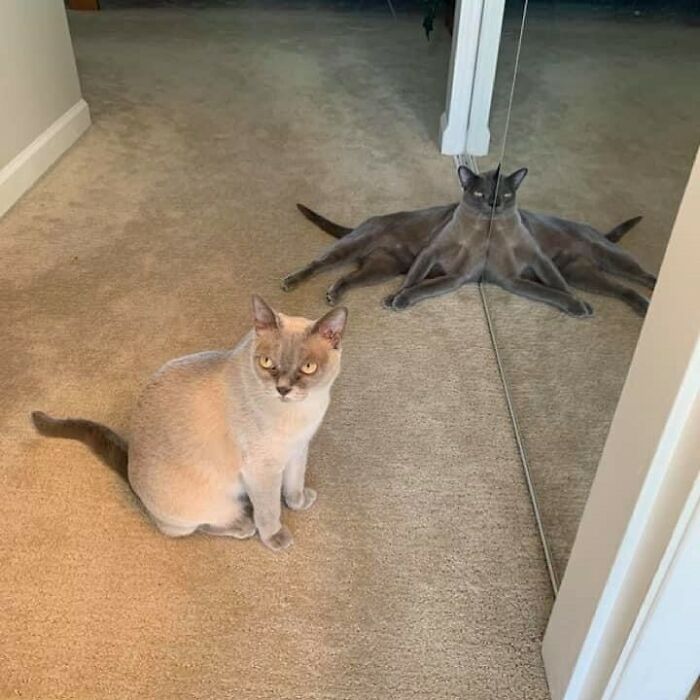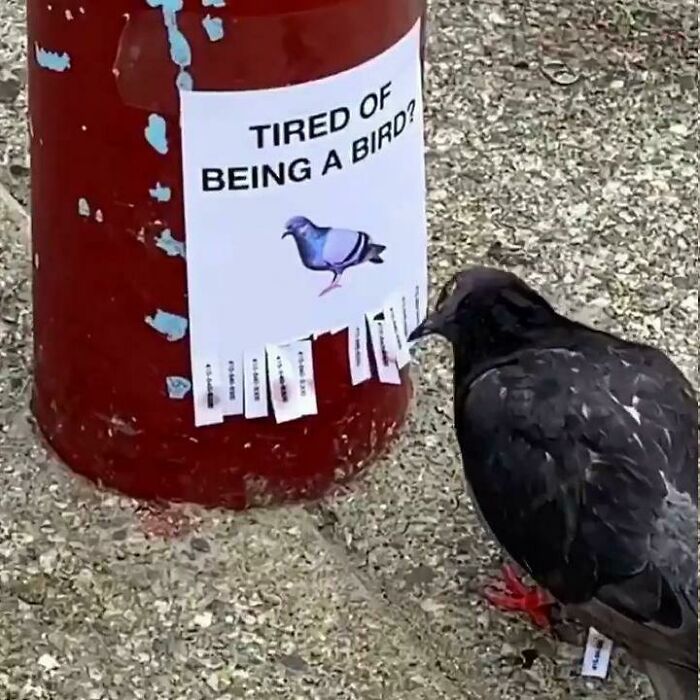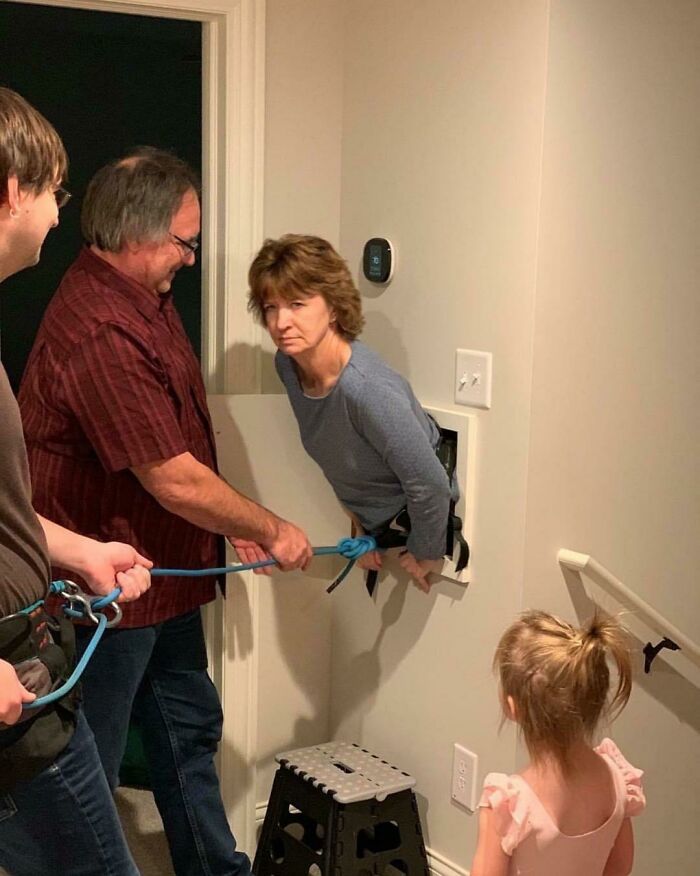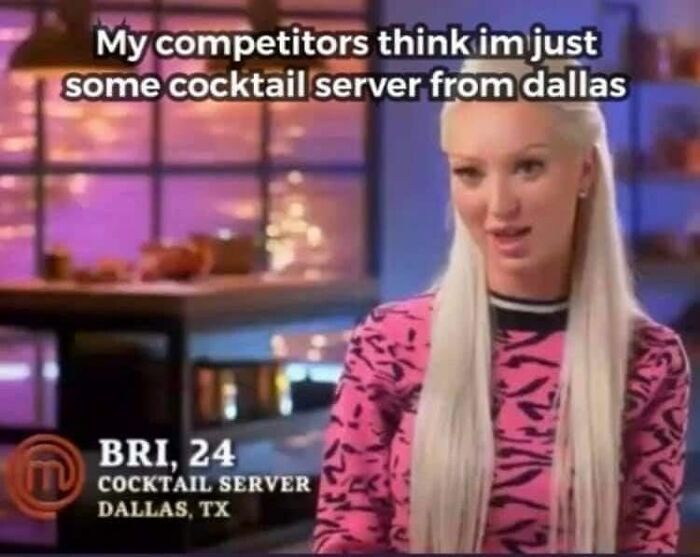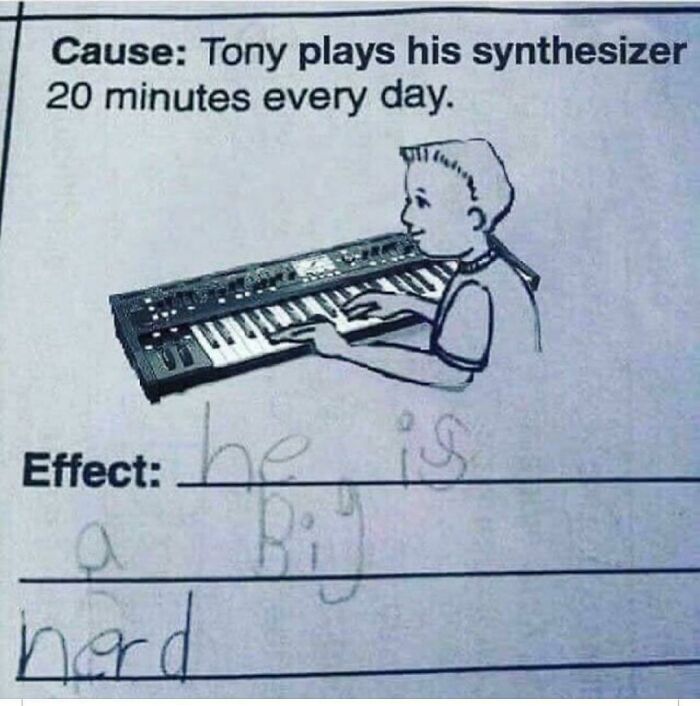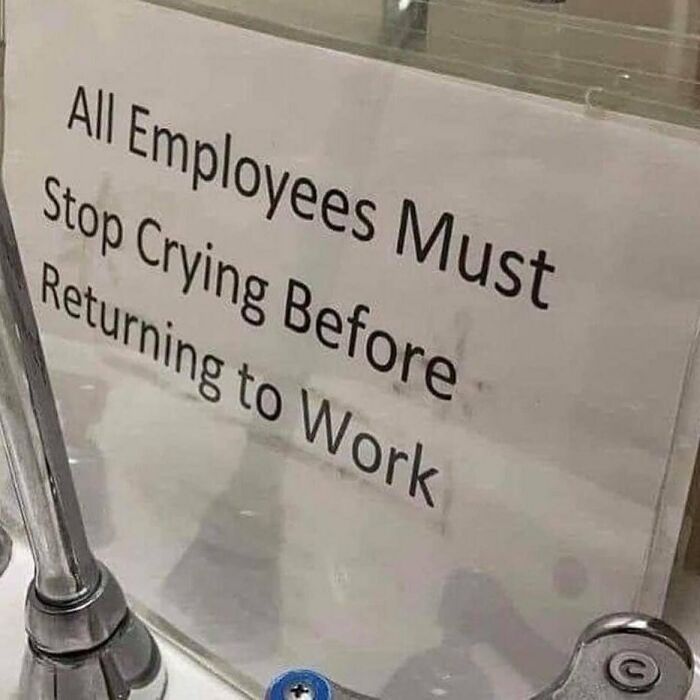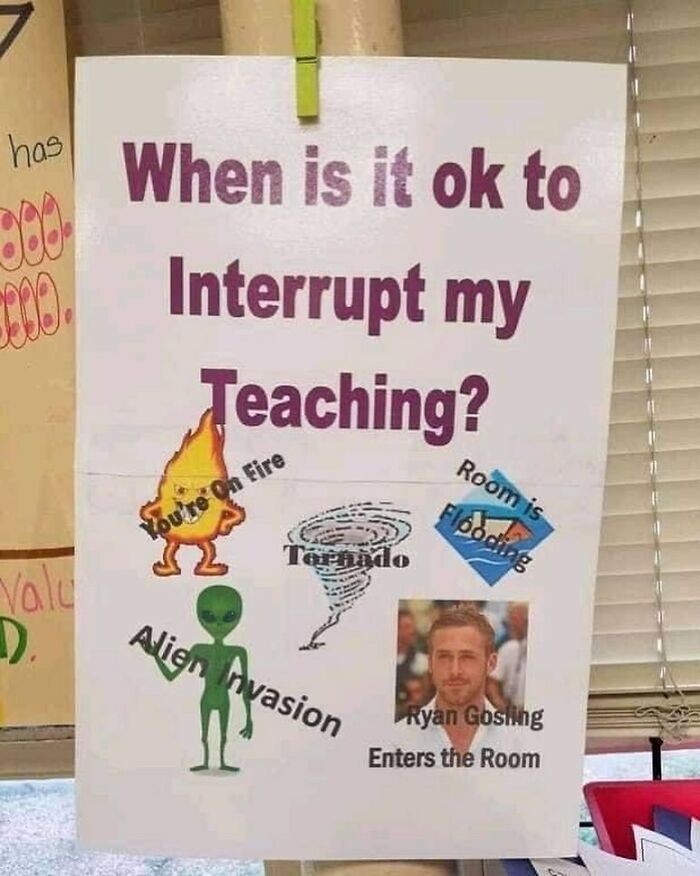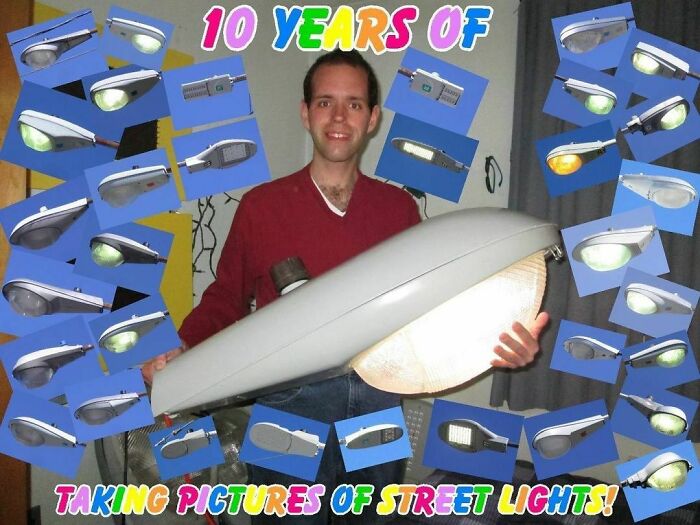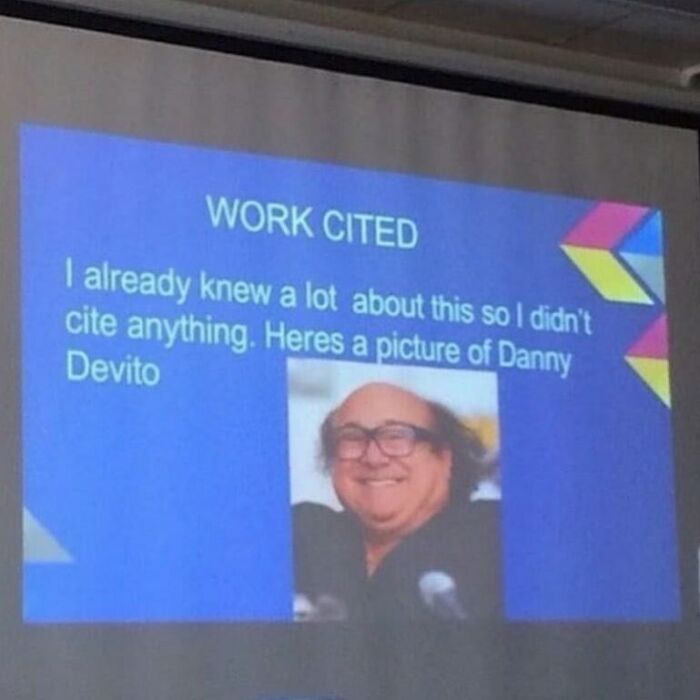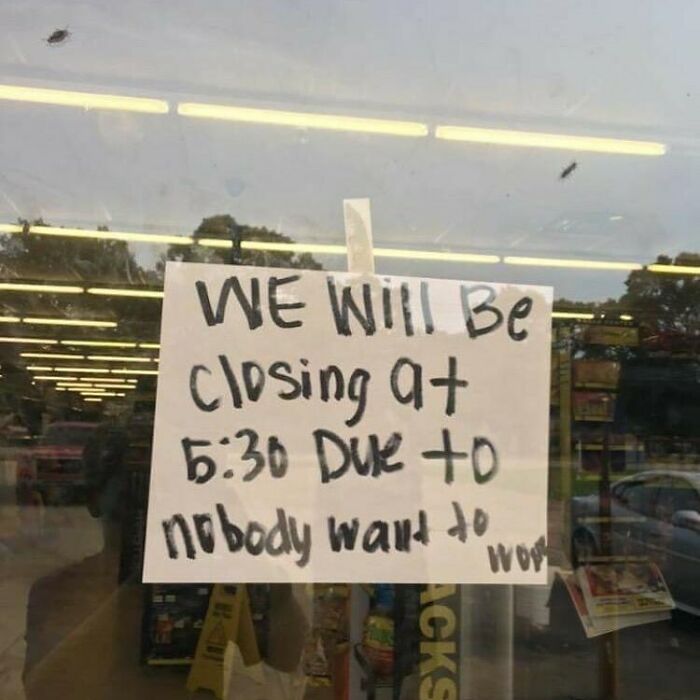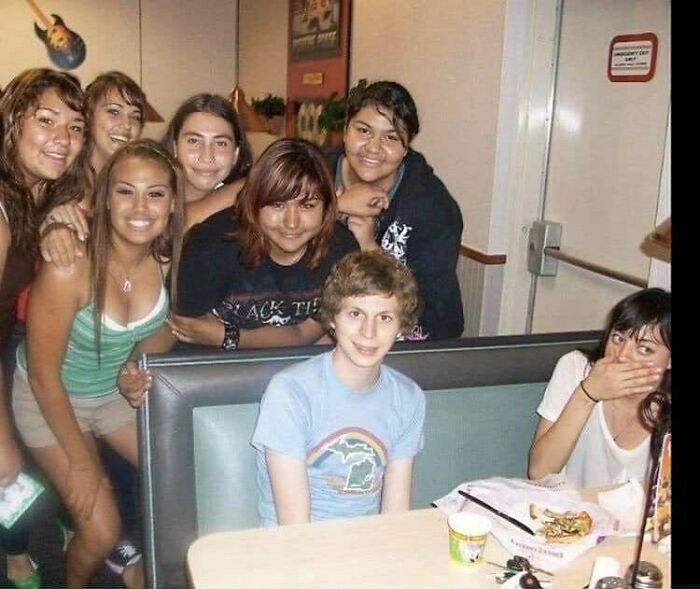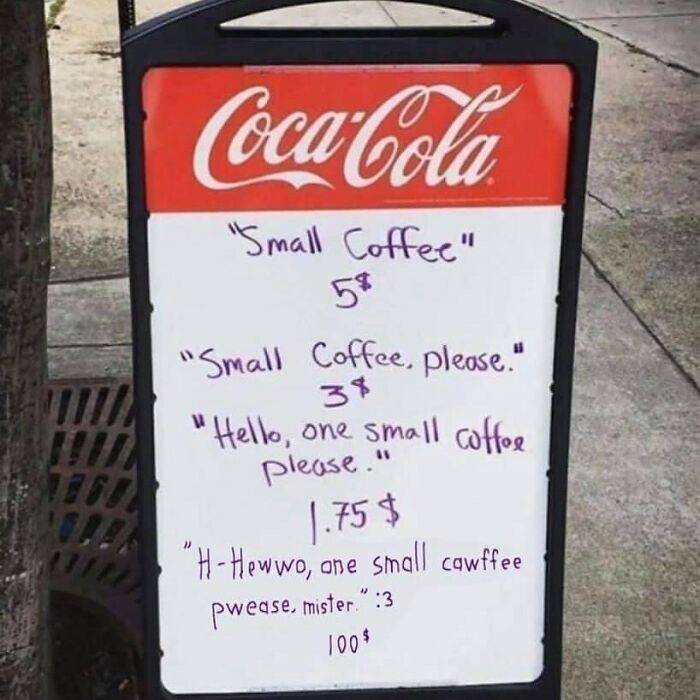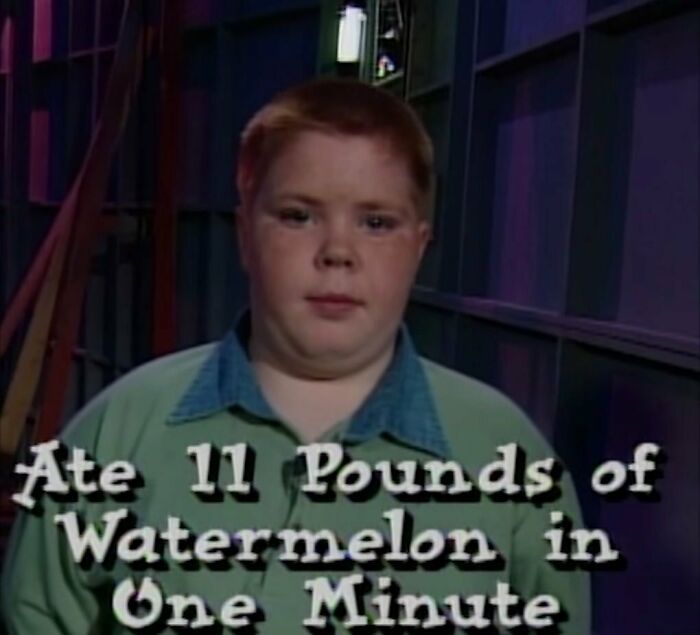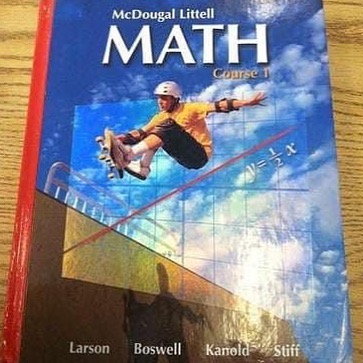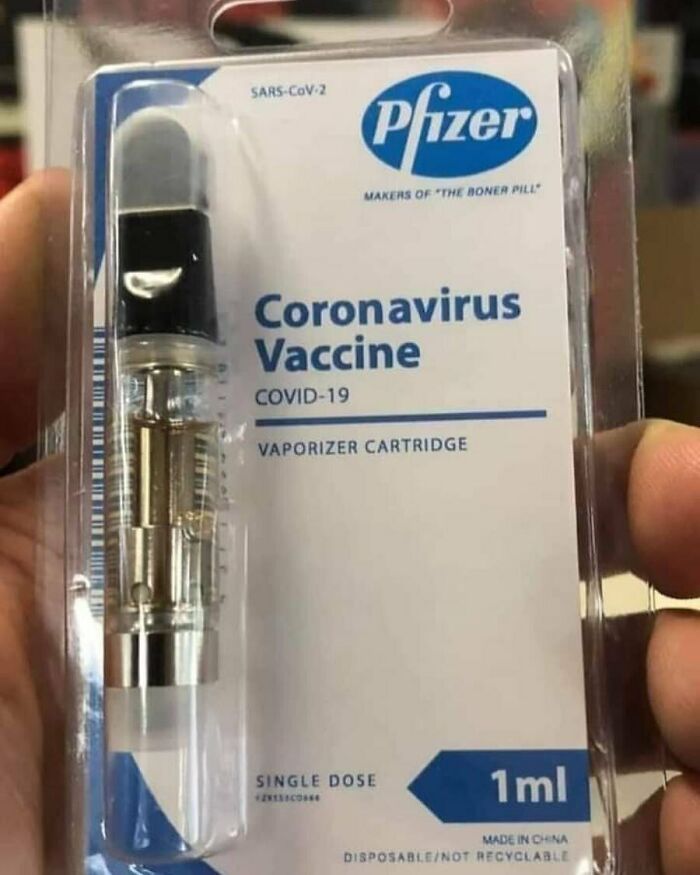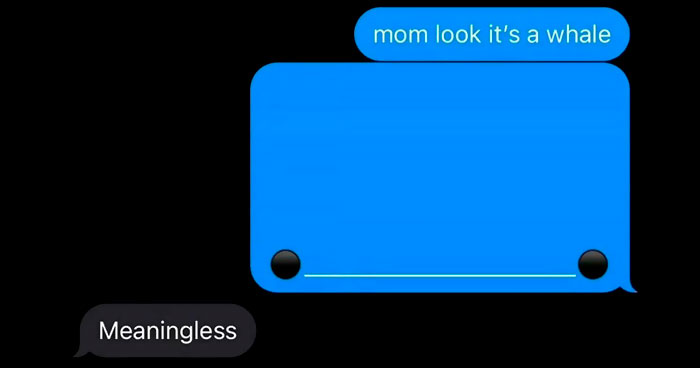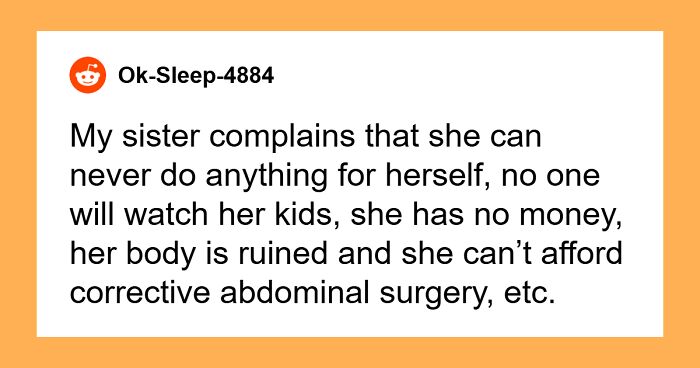Random memes are usually hit or miss. That incredibly niche reference they are throwing at you can either tickle a funny bone no one on the internet managed to reach or completely fly over your head.
However, even though the Instagram account F Advertisements shares absurd and ridiculous memes, it regularly manages to achieve the former rather than the latter.
It would be pretty hard to pinpoint what the images are all about. As the people behind the account say, they're "not advertisements but [also] not not advertisements."
So continue scrolling and check out what that means yourself!
More info: Instagram
This post may include affiliate links.
To get a better understanding of the conflicting feelings we sometimes get looking at seemingly nonsensical images, we contacted Maike Neuhaus, Ph.D., who is a future-oriented Self-Leadership Psychologist and Behavior Change Expert.
"Finding meaning is an innate human need," Neuhaus told Bored Panda. "We need to be able to make sense of things – not just psychologically, but even biologically."
"For example, a lot of visual illusions exist only because our optic senses connect lines or complete fragments in order to create a coherent picture. Many people find meaning in following a religion. This way, a lot of pain or injustice can be explained simply through the idea that it’s a punishment for past sins or the like. Without explanations like that, many people feel restless or uneasy."
Neuhaus said that "uncertainty is like a toxin for the human mind." According to her, our brain automatically tries to make sense of the world around us, including movies or pictures. "We try to connect the dots. For our minds, that’s like creating homeostasis or balance. If that’s impossible to achieve, our minds feel imbalanced – a bit like a rock in a shoe."
This can be further illustrated with the meaning maintenance model, created by Steven Heine, Travis Proulx, and Kathleen Vohs. It says that people's need for things to make sense (to be meaningful, and consistent with their schemas and expectations) is so strong that when it is disrupted, people act with increased efforts to restore their "meaning frameworks."
My beardy would have just pooped on the sheets, puffed up, and then ran under the bed.
In one study, Proulx and Heine exposed participants to a story written by Franz Kafka. The story starts out with a clear storyline (a doctor heading out to help with a child's toothache) and ends with a series of meaningless statements.
As Heflick pointed out, from the perspective of the meaning maintenance model, this should elicit an increased need to affirm and validate one's sources of meaning (one's schemas and expectations).
And in the study, this occurred through an increased ability to learn a new language. Specifically, participants were exposed to a list of digits and then were more likely to detect patterns in a made-up grammar system when they had just read the absurd, meaningless story by Kafka.
"Put differently, when people had their schema threatened by reading something that did not make sense, they responded with an increased capacity to learn," Heflick explained.
In practical terms, this could suggest that when people isolate themselves from outside information to protect their schemas (such as only watching or reading things that verify their views), they hinder not only their ability to learn about other perspectives (through a lack of information) but also their ability to learn anything novel or different.
Exactly!! A sick air guitar riff to Master of Puppets is what that conversation needs
Dr. Maike Neuhaus pointed out that while we can't control what the outside world will throw at us, we can, at least to some extent, decide how much it affects us. "Arguably other than death, not much is certain in life. Expecting certainty is setting us up for failure," she highlighted. "So, we're better off expecting uncertainty."
"Having said that, there are ways we can create certainty or control: our own behavior. Even if we cannot control what happens to us, we can find control in how we respond to those events: whether we accept our feelings triggered by them or deny them; whether we use them as an opportunity to learn and grow or simply resent them; whether we speak up for what’s right or remain passive. Identifying even just small things within our control can be very empowering and motivating to get through the challenges life sometimes throws at us."
Interestingly, Rebecca Schwarzlose, a cognitive neuroscientist researching brain and cognitive development at Washington University in Saint Louis, says missing the point is part of human nature.
"You perceive only a small fraction of the energy and information buzzing all around you," Schwarzlose wrote. "Much of that ... information goes unseen and unfelt because your body lacks the capacity to detect it. Whereas birds can see ultraviolet light, snakes can see infrared light, insects can see the polarization of light, mice can hear ultrasonic frequencies, and electric fishes can detect faint electric signals with their skin, you can do none of these things because your eyes, skin, and ears lack the cellular machinery that would allow you to detect them."
Schwarzlose said territory in our brain is much like Manhattan real estate. It's both finite and expensive.
"Brains evolve and develop to make the most of that modest terrain. Your brain maps are distorted to save energy and space. And these distortions, in turn, distort how you perceive your world," she said.
Consider your sense of sight for a second. You can see far more detail at your center of gaze, or where you are looking at any given moment, than out of the corner of your eye.
"Ideally, you would be able to see things equally well out of the corner of your eye as you do at your center of gaze. But you need more neurons, and more connections between those neurons, to represent fine details," Schwarzlose said.
"In order to see equally well in your visual periphery as you do at your center of gaze, the visual maps in your brain would have to be thirteen times larger. If this change sounds innocuous, think again. It would make your visual brain maps alone too large to fit inside your skull. And that would leave no room for the brain maps you rely upon to hear, feel, and move."
To avoid such outcomes, brain maps devote most of their real estate to representing detailed information from "sweet spots" for perception, at the expense of basically everything else.
"Oddly enough, your ability to perceive crucially depends on all that you don't perceive. Thanks to our limited senses and distorted brain maps, you can experience and interact with your world... and do it all with a brain that's smaller than a breadbox."
So if you don't get some of these images, don't sweat it!
No Mrs Milburns. We already brought you tea. Don't you remember? I think you might need to increase your alzheimer's meds. We definitely brought you tea? And do you remember what you said yesterday? It was offensive to nice old Mrs Walker.
Spacing is important, especially when writing a sign that says 'Pen is in stall'!

 Dark Mode
Dark Mode 

 No fees, cancel anytime
No fees, cancel anytime 


